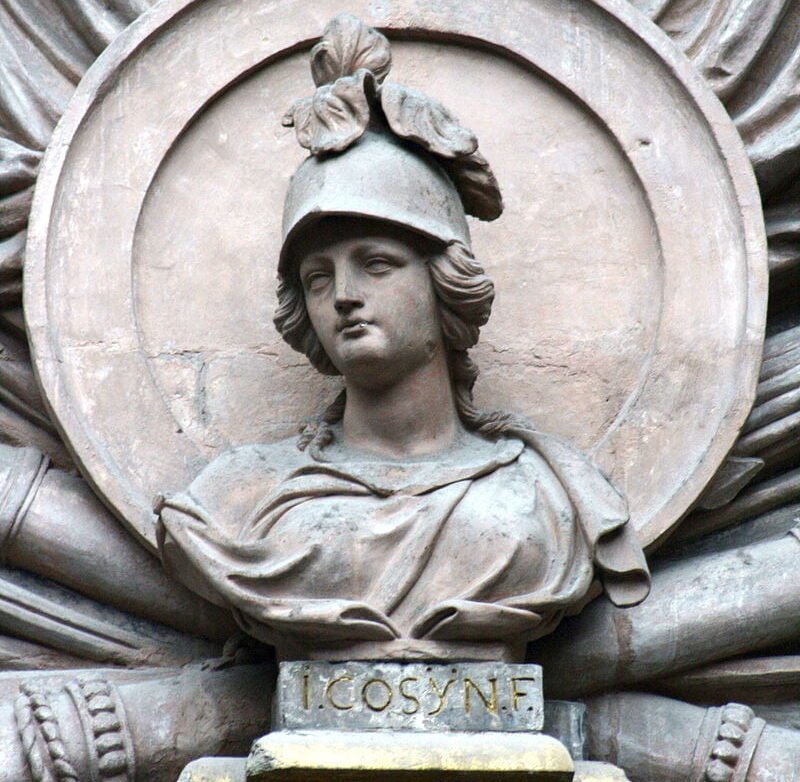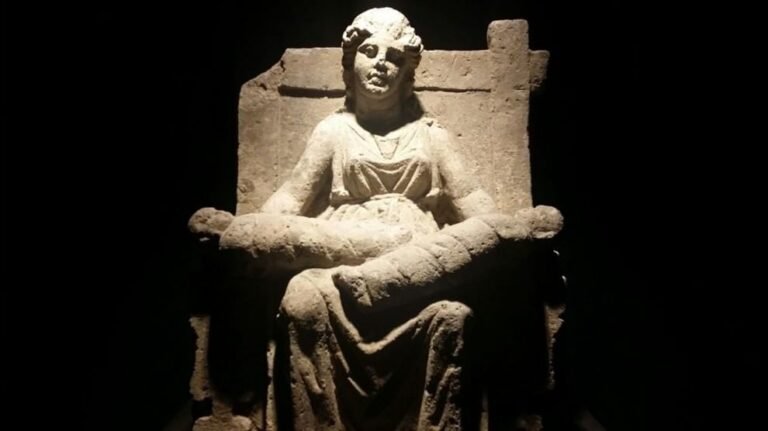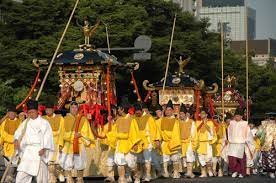Chronos, Kairos and Aion are the three deities of time, events and epic destinies. Here is the multi-religious and multicultural calendar!
Find us on our website Mythology and Legend, on Facebook and on instagram !

The schedule in brief from D-2 to D+5
- June 3, 2025, : Bellona
The complete interactive calendar
Holidays of the month
| Mymonday | Killtuesday | Wednesdaywednesday | ThuThursday | Frifriday | Satsaturday | Sunsunday |
|---|---|---|---|---|---|---|
26May 26, 2025 | 27May 27, 2025 | 28May 28, 2025 | 29May 29, 2025 | 30May 30, 2025 | 31May 31, 2025 | 1June 1, 2025 |
2June 2, 2025 |
3June 3, 2025●(1 event) BellonaJune 3, 2025  celebrated Bellona. Her Bellonarii used to wound their arms or legs as a blood sacrifice for her. It included martial processions, gladiatorial contests, and rituals invoking the god's favor in battle. The festival was intended to invoke his power and protection for Rome's military efforts. #mythology #myth #legend #calendar #Rome #Bellona #3June | 4June 4, 2025 | 5June 5, 2025 | 6June 6, 2025 |
7June 7, 2025●●(2 events) Ludi PiscatoriiJune 7, 2025  On this day, Roman fishermen celebrated Ludi Piscatorii. Fish were prepared and sacrificed to Vulcan or the Tiber. The union of fire and water was a symbol of birth. #mythology #myth #legend #calendar #7June #rome #vulcan #ludipiscatorii VestaliaJune 7, 2025  On this day and for a week, the Romans celebrated Vestalia in honor of the goddess of the hearth. The temple of Vesta in which this ceremony took place was so secret that little is known about the progress of this festival. #mythology #myth #legend #calendar #rome #vestalia | 8June 8, 2025 |
9June 9, 2025 | 10June 10, 2025 |
11June 11, 2025●(1 event) matraliaJune 11, 2025  On this day, the Romans celebrated Matralia in honor of Mater Matuta. Indigenous Latin goddess, her cult continued during the Roman Empire. She is the equivalent of the dawn goddess Aurora. #mythology #myth #legend #calendar #June 11 #matralia #matermatuta #rome | 12June 12, 2025 | 13June 13, 2025 | 14June 14, 2025 | 15June 15, 2025 |
16June 16, 2025 |
17June 17, 2025●(1 event) Sanno MatsuriJune 17, 2025  Today, the Japanese celebrate the Sannō matsuri. Every two years, the Shinkosai parade animates the Chiyoda district of Tokyo. #mythology #myth #legend #calendar #June #tokyo #sannomatsuri | 18June 18, 2025 | 19June 19, 2025 | 20June 20, 2025 | 21June 21, 2025 | 22June 22, 2025 |
23June 23, 2025 |
24June 24, 2025●(1 event) Fors FortunaJune 24, 2025  On this day, the Romans celebrated Fortuna, the goddess of luck. His worship comes from the legendary early kings of Rome. Temple cults are little known today. #mythology #myth #legend #calendar #June 24 #fortuna | 25June 25, 2025 | 26June 26, 2025 | 27June 27, 2025 | 28June 28, 2025 | 29June 29, 2025 |
30June 30, 2025 |
1July 1, 2025●(1 event) Hakata Gion YamakasaJuly 1, 2025  Today, the Japanese of Fukuoka celebrate Hakata Gion yamakasa until July 15. Famous for its one-ton chariot race, its history is some seven hundred and fifty years long. #mythology #myth #legend #calendar #July 1 #Japan #fukuoka #hakata | 2July 2, 2025 | 3July 3, 2025 | 4July 4, 2025 |
5July 5, 2025●(1 event) PoplifugiaJuly 5, 2025  On this day, the Romans celebrated Poplifugium. It celebrated the disappearance of Romulus in a violent storm and taken to heaven while he was inspecting his troops near the Goat Swamp. He would then have become the god of the Romans and their city. #mythology #myth #legend #calendar July #4 #rome #romulus #poplifugium |
6July 6, 2025●(1 event) Ludi ApollinaresJuly 6, 2025  On this day and for a week, the Romans celebrated the Apollo games in honor of Apollo. These games were established during the Second Punic War, following the true prophecies of the Sibylline Carmina Marciana books. #mythology #myth #legend #calendar #6July #Apollo |
Multicultural and multi-religious almanac
An almanac is a calendar showing the main dates of the calendar, the religious holidays, bearing ephemerides such as the phases of the moon or the duration of the days (lunar and solar calendars).
A calendar is a system for marking dates according to time. Such a system was invented by men to divide and organize time over long periods. The observation of the periodic phenomena of the environment in which they lived — such as the daily movement of the shadow, the return of the seasons or the lunar cycle — served as the first references for organizing the agricultural, social and religious life of societies.
The calendar used today in most of the world is the Gregorian calendar. In everyday language, an ephemeris designates what happens daily; the ephemeris of the day is the list of the significant events of this day.